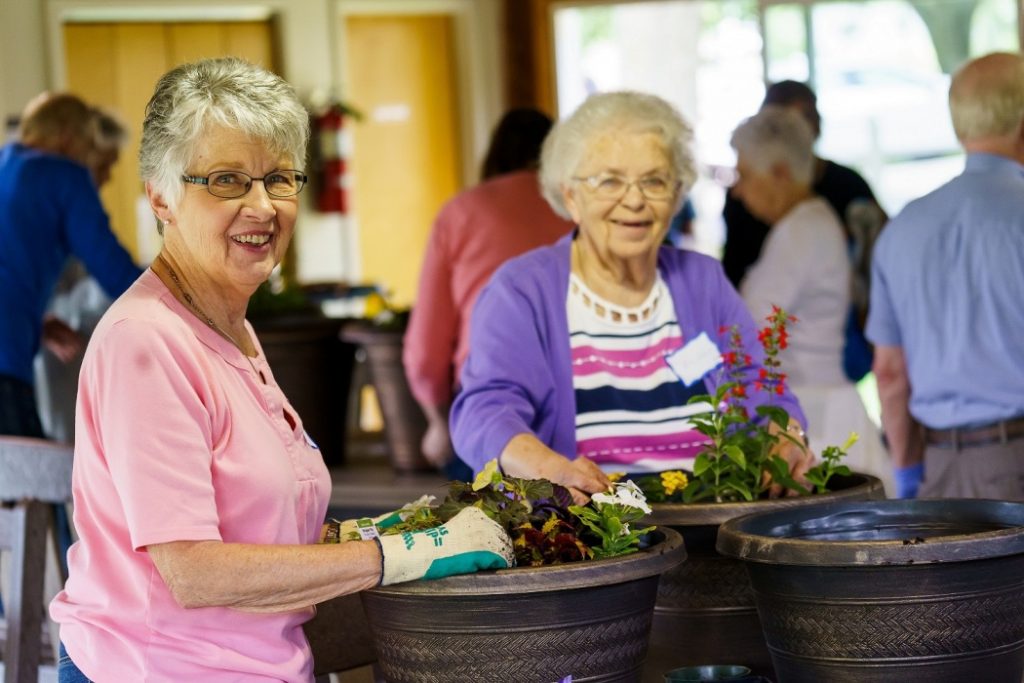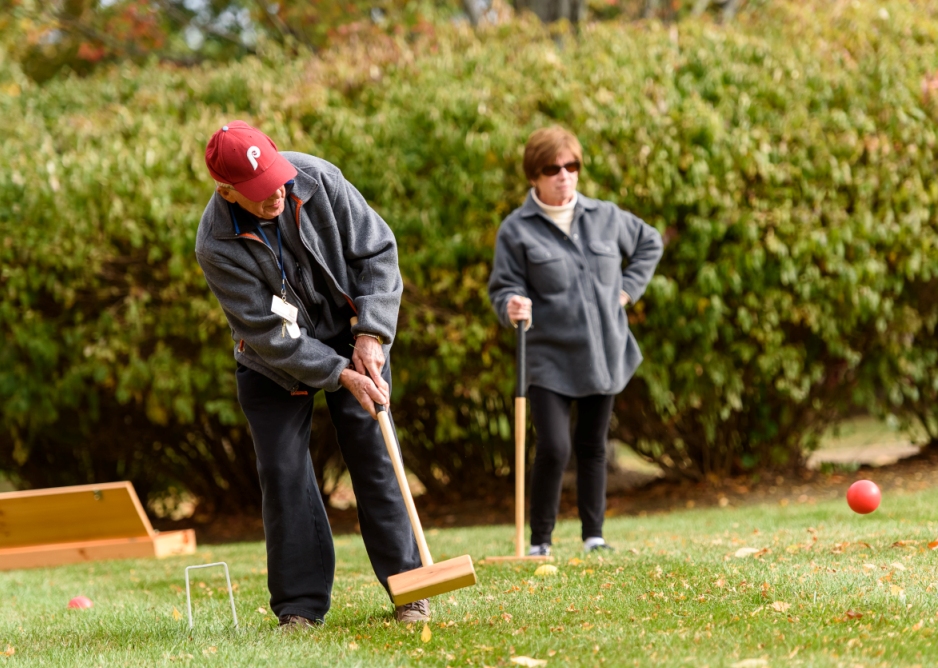by Steve McCloskey, Pastor of Taftsville (VT) Chapel Mennonite Fellowship
My friend, Aoum, was an international student from Thailand. One night I asked him, “What is the one thing that shocked you the most about American culture?” He said, “The way that you treat your elderly.”

I can’t remember precisely what he said after this, but Aoum did not feel that we show the same dignity, honor, and respect to those who are aging as they do in other parts of the world.
In Vermont we have a significant elderly population. In 2018 it was reported that the median age of Vermont is five years above that of the United States. Many people come to the town of Woodstock to enjoy their retirement years. In my own church, most of my congregation is older than me.
As a millennial living in community with many people who are decades older than me, I recognize that I have at least two opportunities:
1) to learn from older generations about how to make the most of our final years on Earth, and
2) to honor those who have gone before me in ways that defy the norm that my friend Aoum found in US culture.
If we look to the Bible for inspiration, I am impressed with the biblical figures Abraham and Sarah. Their story pushes back against low-expectations of the elderly. The message from God to Abraham and Sarah is, effectively: “your later years will be your greater years.”
The book of Genesis introduces us to this couple when Abram is 75 years old. God calls Abram to leave his homeland and gives him a promise:
“I will make you into a great nation,
and I will bless you;
I will make your name great,
and you will be a blessing.
I will bless those who bless you,
and whoever curses you I will curse;
and all peoples on earth
will be blessed through you.” (Genesis 12:2-3, NIV)
Specific promises are made to Abram and Sarai about their descendants yet they experience decades of infertility.

Over two decades pass and they still have not birthed a child together, but when Abraham is 99 years-old, God reiterates the promise, “I will surely return in due season and Sarah will have a son” (Genesis 18:10).
Sarah eavesdrops on God’s conversation with Abraham from within a tent, and laughs to herself, “After I have grown old, and my husband is old, shall I have pleasure?”
Sarah laughs at this notion–because, even without American cultural bias–this pushes against the grain of human expectations. Biologically, a body can have children during a certain window of time and after that, it’s inconceivable (a retro-actively intended pun).
Abraham and Sarah lived in a time and place in which your offspring and your ability to reproduce was the only viable way to preserve your legacy. It was through children that you would be remembered.
In the story of Abraham and Sarah, I see an invitation: whatever age you are, whatever stage of life you are in, you are invited to open yourself up to the possibility that God still has plans for you. Whether you are single, married, divorced, or wherever you are in life, I see in this story an invitation to renewal. Yes, even in your later years, like Sarah, you can find pleasure!
You are not infertile to God’s purposes. In the words of C.S. Lewis: “You are never too old to set a new goal or dream a new dream.”







